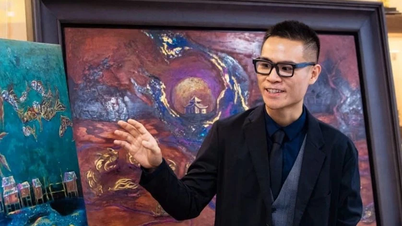US: A survey by health care service RedBox Rx shows that Gen Z is facing a high rate of loneliness.
41% of Gen Z say they are struggling with mental health, higher than 36% of Millennials and 21% of Gen X.
“Mental health issues remain a challenge for many Americans,” said Daniel Fick, chief medical officer at RedBox Rx. “Young people need more resources.”
Of these, 53% of Gen Z said they felt lonely and 52% felt like failures in life.
Gen Z and millennials have experienced many common upheavals during their youth, including 9/11 and the economic crisis, analysts say.
"The shock causes people to find different ways to cope, some people isolate themselves," said psychologist Alexandra Cromer at the Thriveworks counselling service.
Research also shows that only 37% of people with mental health problems seek solutions.
Social media and screen time are also contributing factors to the increase in loneliness, says social support and counsellor Lana Lipe.
Gen Z is the most digitally connected generation. They grew up with social media and can have a hard time disconnecting through screens.
"Using the internet is a way to interact with people, but it also creates isolation," says Cromer. "You can easily see friends who are at parties you weren't invited to."
At the same time, Gen Z has many concerns about the future that are also mentioned. Home ownership is out of reach due to rising house prices and mortgage rates. They are facing economic instability, with the country’s student debt reaching $1.77 trillion.
Another reason is that Gen Z is starting their careers in the age of remote work, forgoing colleagues and social connections that could help them build their careers. Dating is largely happening online.
All of these changes have led to a lack of social skills compared to other generations.
Lonely Gen Z also have a hard time finding affordable health care that fits their insurance.
The average price for treatment ranges from $100 to $200, according to a 2019 report by psychotherapy company SimplePractice. Psychologists are having long patient lists, requiring patients to overcome their loneliness before receiving therapy.
Ngoc Ngan (According to Newsweek )
Source





































































































Comment (0)